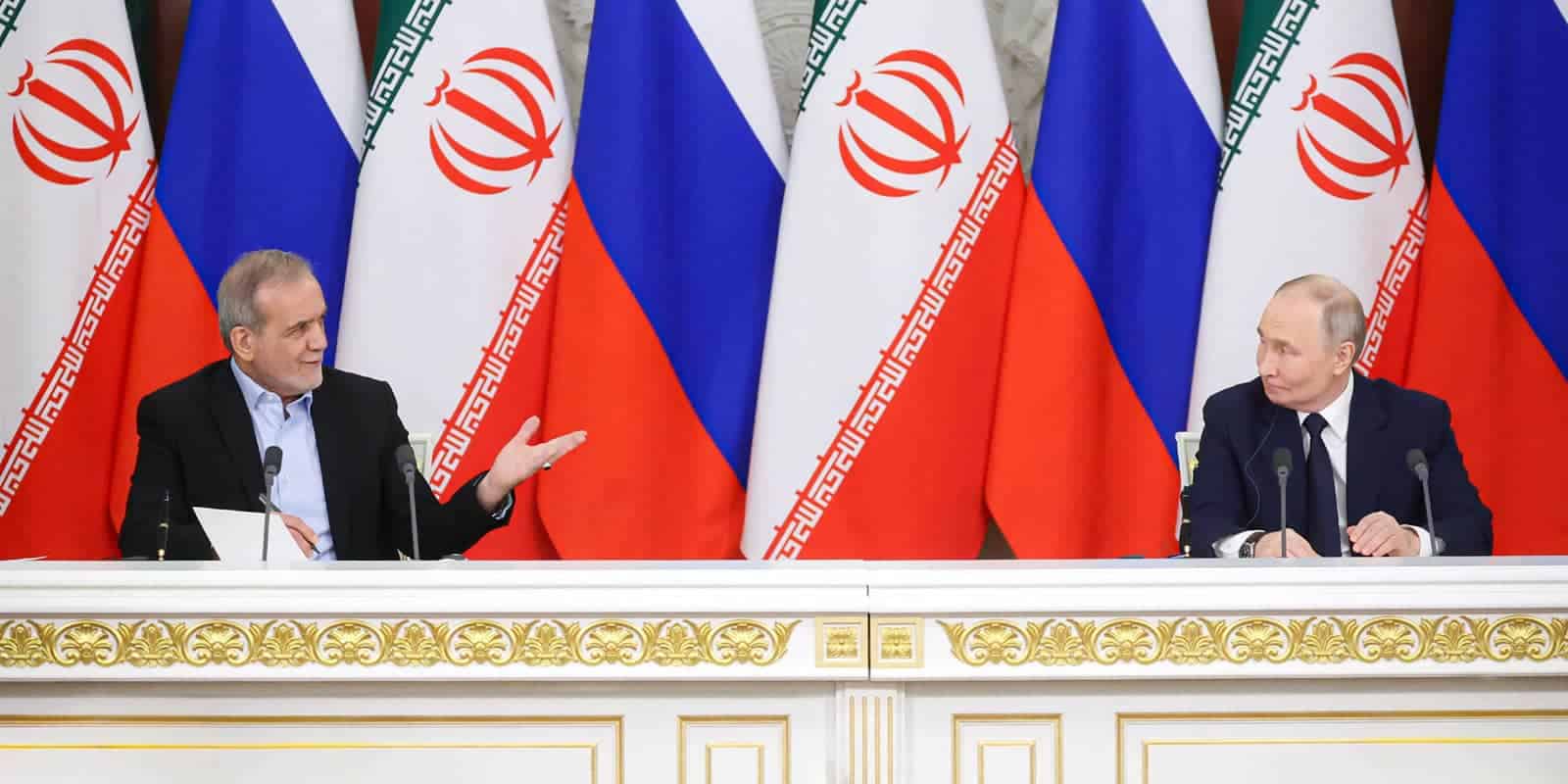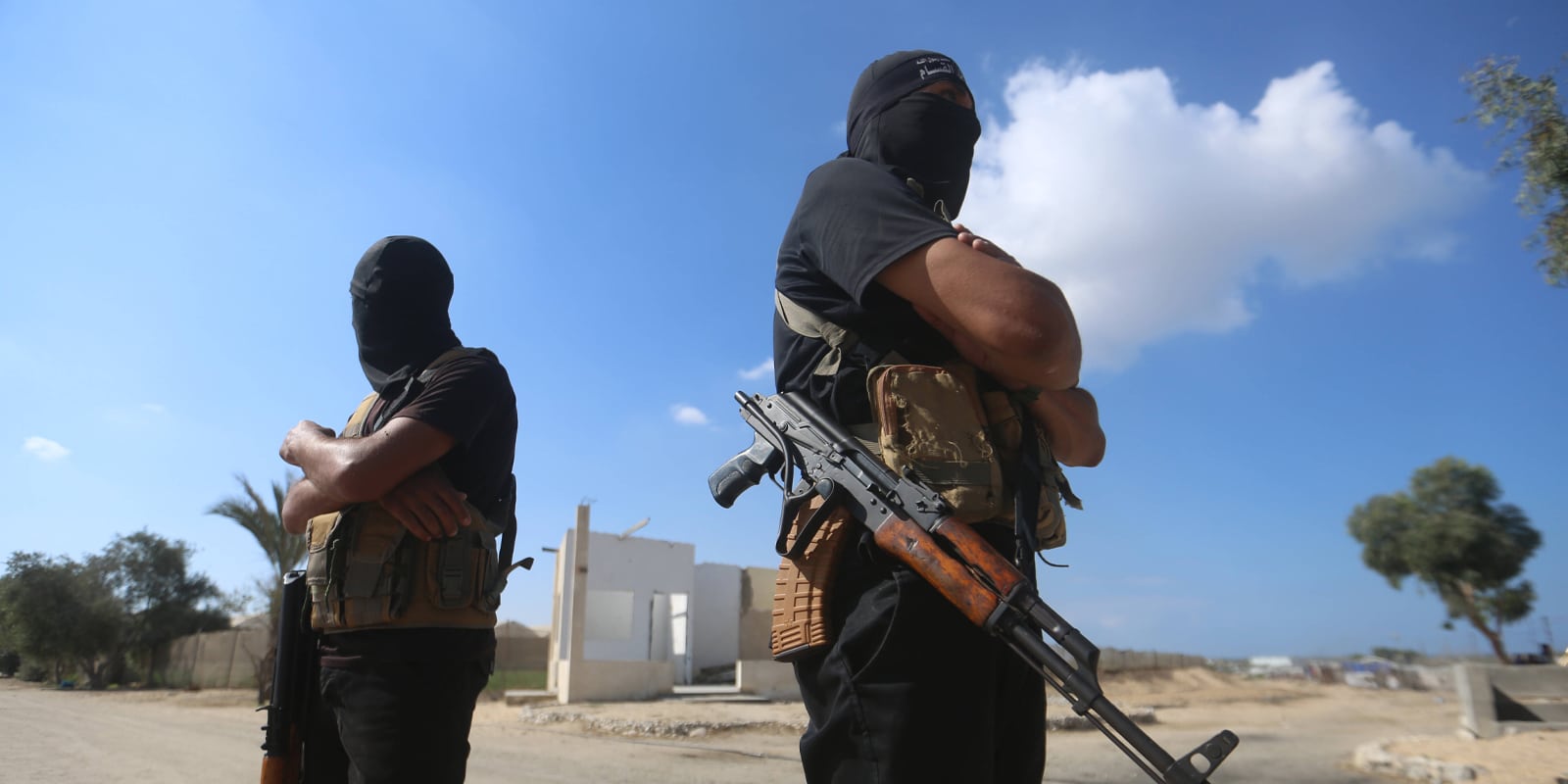Afghanistan’s Acting Foreign Minister Mawlawi Amir Khan Muttaqi’s visit to New Delhi (October 9–16) marks a paradigmatic shift in India’s foreign policy toward one of the key actors in the regional strategic arena. Part of a deliberate effort to “reset” relations with the Taliban regime, the visit illustrates a bold and multilayered pragmatism driven by realpolitik. India’s approach seeks to balance, on the one hand, its continued refusal to grant full formal recognition to the regime, and on the other, a practical acknowledgment of the geopolitical reality on the ground.
Discussions during the visit focused on core issues such as India’s support for Afghanistan’s development and the promotion of bilateral trade. An agreement in principle to upgrade India’s mission in Kabul to the level of a formal embassy signals a change in New Delhi’s perception of regional geopolitics and of how it intends to manage risks within Asia’s complex strategic environment.
Historically, relations between India and the Taliban have been characterized by deep-seated hostility rooted in ideological and security concerns. New Delhi viewed the Taliban as an outright adversary, chiefly because of its extremist ideology and close ties to Pakistan’s military and intelligence establishment. Consequently, India backed the Northern Alliance during Afghanistan’s civil war (1996–2001) and later became a key strategic partner of the Western-supported government established after 2001.
That position came at a high cost. The Taliban and its proxies carried out deadly attacks on Indian assets and personnel in Afghanistan, including the 2009 bombing of India’s embassy in Kabul and the 2014 assault on its consulate. Against this backdrop, India became heavily involved in building the capacity of Afghanistan’s security forces as part of a comprehensive strategy aimed at preventing the country’s reemergence as a regional center of terrorism.
Following the Taliban’s return to power in 2021, India initially adopted a policy refraining from recognition: it closed its embassy, and the Modi government classified the Taliban as a terrorist organization and arrested Indian citizens who had publicly celebrated the Taliban’s victory. Yet about a year later, a pragmatic adjustment took shape when New Delhi reopened its embassy in a limited capacity while maintaining a degree of engagement, primarily through humanitarian assistance.
The renewed channel with the Taliban was cultivated by the skilled Indian diplomat J. P. Singh, who now serves as India’s ambassador to Israel. Since then, ties have been rebuilt slowly and cautiously. A turning point came in January 2025, when India’s Foreign Secretary Vinay Kwatra met with Muttaqi in Dubai. In April, the Taliban took a notable step to demonstrate goodwill toward New Delhi by condemning the massacre in Kashmir that claimed twenty-six lives. The Taliban has since maintained this conciliatory line. During his historic visit, Muttaqi declared, “We will always stand by India,” “We will never go against India,” and “We will not allow anti-Indian activity.” The Taliban government’s latest pledge not to permit Afghan territory to be used against India points to an emerging framework for counterterrorism cooperation amid shifting regional realities.
India continues to use humanitarian aid—once a means of countering the Taliban—as a principal tool for engagement. During the visit, Foreign Minister Subrahmanyam Jaishankar announced an expansion of India’s development assistance to Afghanistan, including the construction of shelters for refugees forcibly repatriated from Pakistan and Iran. Since August 2021, New Delhi has delivered large quantities of supplies, including 50,000 tons of wheat, pesticides, and more than 300 tons of medicines and medical equipment, in cooperation with the UN Office on Drugs and Crime (UNODC).
Alongside the expansion of aid, the parties also discussed simplification of visa procedures for Afghans, aiming to encourage students to study at Indian universities. In April, New Delhi unveiled a new visa module for Afghans including categories for students, business travelers, and medical patients. The step underscored India’s intention to deepen economic and people-to-people ties and to contribute to rebuilding Afghanistan’s human capital.
Muttaqi’s visit represents a significant diplomatic milestone, underscoring the strategic pragmatism and flexibility of Indian foreign policy in managing its near environment. Rebuilding relations with the Taliban has required New Delhi to tread carefully in shaping its narrative, so as to avoid domestic and international backlash. The policy shift challenges India’s self-image as a democratic, modern and advanced power and complicates its stance on issues of democratic principles, notably women’s and minority rights—issues that raised questions during the visit about the moral legitimacy of India’s engagement with the Taliban.
Events surrounding the visit highlighted the tension between diplomatic pragmatism and domestic values. During a joint press conference with the Afghan foreign minister, female journalists were excluded from attending, triggering public outrage and sharp criticism from Indian media and opposition politicians for what was seen as government weakness. The government was forced to act swiftly: within forty-eight hours, a special “women journalists’ press conference” was convened, with officials explaining that the incident had been a “technical error” and the exclusion of women was not been intentional. Although the government sought to defuse the controversy, the episode became a political flashpoint likely to fuel opposition claims of moral capitulation to the Taliban, underlining the narrative challenges India faces in dealing with regimes that openly violate human rights.
The road to Kabul, however, will be far from smooth. While the Taliban may emerge as a surprising beneficiary of the latest flare-up between India and Pakistan, indications suggest it has not severed its ties with its eastern neighbor—and, given Afghanistan’s landlocked geography, cannot afford to do so. It remain completlely dependent on Pakistan for maritime access. Pakistan was also among the Taliban’s chief backers during its insurgency against the Afghan government in the early 2000s. Despite recent strains, Islamabad too is working to upgrade its relations with Kabul, with Chinese support, and may soon appoint an ambassador or even accept a Taliban envoy. India’s reengagement with Afghanistan thus serves to counterbalance China’s growing influence in Central Asia and Pakistan’s destabilizing role in the region.
Still, despite the visit and the shift it embodies, deep Indian suspicions persist, stemming from the Taliban’s historical ties to anti-Indian militant organizations such as Lashkar-e-Taiba and Jaish-e-Mohammed, and from fears that Afghanistan could once again become a safe haven for armed groups.
Although Pakistan was once the Taliban’s principal sponsor, its relations with the movement have become tense and complex since the resurgence of Tehrik-i-Taliban Pakistan (TTP)—the “Pakistani Taliban”—following the Taliban’s return to power in Kabul. Islamabad now accuses the Afghan Taliban of providing sanctuary and logistical support to the TTP, threatening Pakistan’s internal security.
Against this backdrop, the timing of Muttaqi’s visit to New Delhi—coinciding with Pakistan’s attempted assassination of TTP leader Noor Wali Mehsud in an airstrike—did not reflect coordination but rather the independent calculations of Pakistan’s military leadership. The failed strike and the ensuing escalation along the Afghan-Pakistani border highlight the challenges ahead.
Despite current tensions in its relations with Afghanistan, Islamabad is displaying a degree of multidirectional strategic flexibilit in its foreign policy. An example of this is the tripartate meeting heldy in July between the foreign ministers of Afghanistan, China, and Pakistan who met in Kabul to deepen economic cooperation, including the potential extension of the China–Pakistan Economic Corridor (CPEC) into Afghanistan.
The move reflects Pakistan’s effort to sustain its long-standing strategic partnership with China while simultaneously seeking to strengthen ties with the United States and even pursuing a defense agreement with Saudi Arabia. This constellation of developments has created a clear strategic dissonance. The central question now is whether Pakistan can maintain such contradictory relationships without undermining its credibility or the shifting interests of its international partners.
The renewal of cooperation on the China–Pakistan Economic Corridor points to the deeper reach of the Belt and Road Initiative and to expanding security coordination across the region. This broadens the project’s footprint along India’s western periphery and could divert Afghan trade away from routes supported by New Delhi. India’s best response lies in intensifying competition in infrastructure and trade by upgrading Iran’s Chabahar Port as part of the International North–South Transport Corridor (INSTC), thereby expanding market access for Afghan exporters—a reminder of why Israel has struggled to persuade India to cool its ties with Tehran.
JISS Policy Papers are published through the generosity of the Greg Rosshandler Family.















Israel’s Role in the Next Phase in Gaza – and It’s Regional Impact